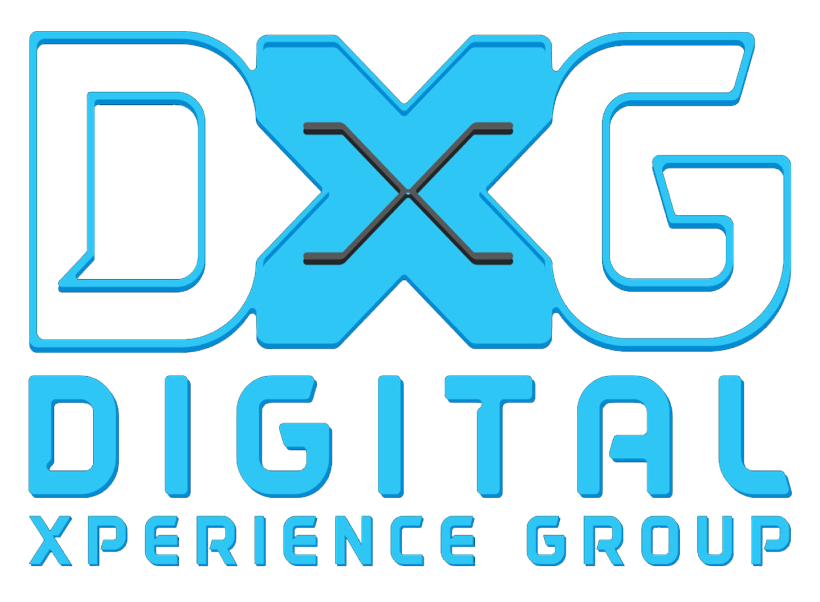What Is An Event Management System And Its Benefits?

May 19, 2024
What Is An Event Management System And Its Benefits?
How can we forget the big pandemic of 2020-2021? During that time, we thought everything would stop. But, thanks to tech, it showed us many ways to keep going, especially in event planning.
Event management software became super popular during the pandemic. Nowadays, most meetings and conferences are a mix of in-person and virtual, needing a different way to plan and manage them. Even if you're not planning a virtual or hybrid event right now, it's smart to have options ready for the future.
Think back to the days of filing cabinets stuffed with papers! It's crazy to think that just 20 years ago, event planners were only starting to use cloud-based platforms. Who could have known they'd evolved so much, and become so important and helpful today? Fast forward to today, and event technology has become an indispensable part of the industry. In this guide, we'll break down what EMS is, the key features of EMS, and what benefits can we have from using it. Let’s begin.
What is an Event Management System (EMS)
Alright, so let's talk about what exactly an Event Management System, or EMS for short, is all about. Imagine having a digital assistant solely dedicated to making your event planning life a breeze. That's what an event management system (or event management software) is all about. It's your go-to tool for seamlessly organizing every aspect of your event, from start to finish.
With features like event registration, ticketing, venue selection, scheduling, attendee engagement, and post-event analysis all wrapped up in one neat package, event management software is like having a virtual event planning team at your fingertips.
By utilizing this software, event organizers can simplify their tasks, communicate effortlessly with participants, and analyze data to improve future events. Plus, with everything centralized in one platform, manual efforts are reduced, and precision is increased, leading to smoother, more successful events overall.

Key Benefits of Using an Event Management System
Using an Event Management System (EMS) offers a multitude of benefits that can significantly enhance the efficiency and success of your events. Here's a rundown of the key advantages:
Easier Management to Improve Efficiency
An EMS simplifies the entire event management process, from planning to execution. It centralizes all tasks and resources, making it easier to coordinate and manage every aspect of your event seamlessly.
Timer Saver
With streamlined workflows and automated processes, an EMS saves you valuable time. Tasks that used to take hours can now be completed in minutes, allowing you to focus on more critical aspects of event planning.
Cost Savings
By reducing manual efforts and minimizing the risk of errors, an EMS helps you save money in the long run. It eliminates the need for excessive paperwork, printing costs, and manual labor, leading to significant cost savings over time.
Increases Engagement of Attendees
An EMS offers various features to boost attendee engagement before, during, and after the event. From interactive registration portals to real-time polling and feedback tools, attendees are actively involved, leading to a more memorable and impactful experience.
Improves Data Collection
With built-in data collection tools, an EMS enables you to gather valuable insights about your attendees and their preferences. This data can be used to personalize experiences, tailor marketing strategies, and improve future events.
Analyze and Improve Events
An EMS provides robust analytics capabilities, allowing you to track key metrics and measure the success of your events. By analyzing attendee behavior, feedback, and performance metrics, you can identify areas for improvement and make data-driven decisions to enhance future events.
Minimize Efforts of Administration
Administrative tasks such as guest list management, ticketing, and scheduling are streamlined with an EMS, reducing the burden on event organizers. This frees up time and resources to focus on strategic planning and creative aspects of event management.
Enhanced Collaboration & Communication
An EMS facilitates seamless collaboration and communication among event organizers, staff, vendors, and attendees. With centralized access to information and communication tools, everyone involved in the event can stay connected and informed, leading to smoother coordination and execution.

Key Features of Event Management System
Event management systems offer a powerful suite of tools to simplify every stage of your event planning. Here’s the list of features-
Registration and Ticketing
Efficient attendee sign-up and ticketing are essential to event success. Customizable registration systems allow organizers to tailor the process to their event needs, offering flexibility in form fields, ticket types and pricing options. Features like waiting lists, group registration, and early-bird discounts further increase attendance and revenue potential, ensuring a seamless experience for both organizers and attendees.
Customized Event Planning and Scheduling
With customized features in your event management system, you can create and share online forms that fit your needs These forms can ask for authorization or additional details, and you can add special fields for different events. That way, you'll gather all the information you need for smooth event planning.
Attendee Management and Engagement
EMS offers customizable communication tools such as email templates and automated reminders, along with personalized schedules to keep participants informed and engaged. Integration with social media platforms and event-specific hashtags increases interaction, while features like live polling and gamification elements increase participation and provide valuable feedback for improving future events.
Effortless Updates and Monitoring
A user-friendly interface is key to event management software, ensuring effortless updates and monitoring. Users should have the flexibility to change event details like time, date, status, and services required without the hassle of canceling and rebooking the entire reservation.

Vendor and Venue Management
Top-level event planning tools go beyond internal processes to streamline venue selection, vendor management, and event logistics. It includes an extensive venue directory, customizable vendor profiles, and an intuitive interface to seamlessly manage catering, entertainment, and transportation event needs.
Resource Booking and Documentation
Having a comprehensive repository of resources and documents is essential to an effective event management system. Event planners and users should be able to link relevant services and documents to each booking, as well as add comments for quick reference when needed.
Mobile App Integration
For a fully inclusive event management system, it is crucial to include a mobile app accessible to both users and planners. As students move at an increasing pace and our world moves online, event management must embrace digitization and prioritize mobile accessibility. This means ensuring easy access not only on smartphones but also on kiosks, tablets and computers.
Data Security and Privacy
Powerful event management software prioritizes data security by empowering planners to control information visibility based on room, status, event type or user. Additionally, security personnel must have authorized access to effectively implement event protocols. Regular backups, encryption and careful security monitoring are essential to protecting sensitive student and faculty data.
Custom Reporting and Analytics
Comprehensive event reporting isn't just about the success of current and upcoming events—it's also important for effective venue and real estate planning. Event management software that provides a clear overview of how campus spaces are used for events, provides valuable insight into wasted and needed spaces, guiding future budget allocations for optimal real estate management.
Budget and Financial Management
Event management software provides financial tools to meet tight budgeting and event planning needs. These include customizable budgets, automated expense tracking, and real-time reporting to effectively monitor finances.
Analyzing budget estimates against actual costs is important to identify potential overspends and optimize resource allocation. Additionally, financial performance insights, including ROI and profitability analysis, enable informed decision-making and strategy refinement.

Choosing the Right EMS for Your Events
Finding the perfect event management system (EMS) is like discovering your event planning soulmate! It should streamline your processes, enhance attendee experiences, and empower you to create truly unforgettable events. But with so many options available, how do you choose the right one?
Know Your Needs: What types of events do you host? How many attendees do you typically manage? What are your biggest pain points in current event planning? Understanding your specific needs will help you prioritize features and narrow down your options.
Automated Workflow: Look for an EMS with robust workflow automation capabilities. This allows you to streamline your entire event planning process by automating repetitive tasks.
Automated email and text reminders keep attendees, vendors, and team members informed about deadlines, tasks, and event details, eliminating the need for manual communication.
Assign tasks directly within the platform to specific team members. Track progress in real-time, ensuring deadlines are met and everyone is accountable for their contributions.
Automatic notifications keep everyone informed of any changes to the event schedule, logistics, or vendor information, fostering transparency and reducing confusion.
Prioritize User Experience (UX): The chosen EMS should be intuitive and easy for both you and your attendees to navigate. Imagine navigating through event schedules, registration forms, or attendee communication tools – is it a smooth journey or a frustrating maze?
Security Matters: Ensure the EMS prioritizes data protection by offering robust security protocols, access controls, and regular backups. Your attendees' information and event details deserve top-notch security measures.
Scalability for Growth: Choose an EMS that can adapt and grow with your event planning needs. Will you be hosting larger events in the future? Does the system offer integrations with other tools you utilize? A scalable EMS is a future-proof investment.
Customer Support: Look for an EMS provider that offers responsive and helpful customer support, whether it's through email, phone, or online chat functionalities. Knowing you have reliable support readily available is invaluable when navigating any technical challenges.

End Words of EMS
Event management systems (EMS) aren't just time-savers, they're experience-makers. By streamlining processes and fostering attendee engagement, EMS can unlock a faster return on investment (ROI) through cloud-based accessibility and potentially increased attendance. Imagine happy attendees, efficient planning, and a thriving event – all within reach.
